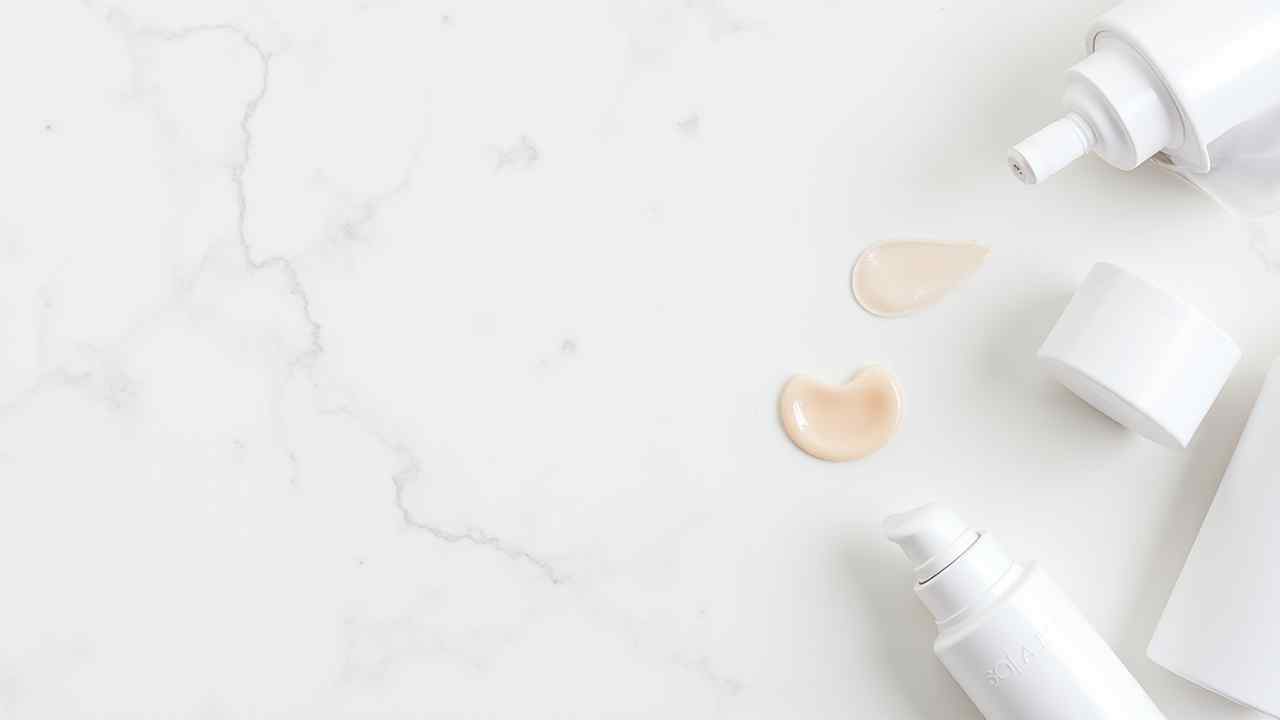
☀️ The Best Acne Sunscreen for Breakout-Prone Skin (A 2026 Guide)
☀️ The Best Acne Sunscreen (A Guide for Breakout-Prone Skin) ☀️
If you have acne-prone skin, you might be afraid of sunscreen. The thought of applying a thick, greasy lotion to your face can be scary. You worry it will clog your pores and cause even more breakouts. This is a very common and valid concern.
However, skipping sunscreen is one of the worst things you can do for your acne. The sun's UV rays can make many aspects of acne worse. The good news is that modern sunscreens have come a long way. There are many fantastic, lightweight formulas available.
This guide will show you how to choose the right acne sunscreen. It will protect your skin without causing breakouts. Let's find the perfect formula for your skin. ✅
🤔 Why is Sunscreen Non-Negotiable for Acne-Prone Skin?
Daily sunscreen use is the most important step in any skincare routine. For acne-prone skin, it is absolutely essential. It helps to both treat and prevent some of the most frustrating aspects of acne. Here are the key reasons why.
How does it prevent dark marks?
This is the number one reason. The dark spots that are left behind after a pimple heals are called post-inflammatory hyperpigmentation (PIH). Sun exposure makes these marks much darker and causes them to last for months, or even years. An acne sunscreen is your best defense against them.
Why is it important when using acne treatments?
Many of the most effective acne-fighting ingredients are exfoliants. This includes retinoids, salicylic acid, and benzoyl peroxide. These ingredients make your skin more sensitive to the sun. You must wear sunscreen to protect it from damage.
Can it reduce inflammation?
Yes. Sun exposure is inflammatory. Since acne is an inflammatory condition, excess sun can make your breakouts redder and more irritated. A good sunscreen helps to keep your skin calm.
✅ What Should You Look for on the Label of an Acne Sunscreen?
When you are in the store, the labels can be confusing. To find a good acne sunscreen, you need to look for a few key terms. These are the green flags that signal a formula is safe for your skin.
- "Non-Comedogenic": This is the most important term. It means the product has been specifically formulated and tested to not clog pores.
- "Oil-Free": This is another great feature to look for. It ensures the formula will not add any extra oil to your skin.
- Lightweight Textures: Look for formulas described as a "lotion," "gel," or "fluid." Avoid heavy, thick creams.
🔬 Is a Mineral or Chemical Sunscreen Better for Acne?
Both types of sunscreen can be great for acne-prone skin. It often comes down to personal preference. The key is to find a non-comedogenic formula that you enjoy using.
Mineral sunscreens use zinc oxide and titanium dioxide. Zinc oxide is naturally anti-inflammatory. This can be very soothing for red, irritated skin. These are a great choice for sensitive, acne-prone skin.
Chemical sunscreens often have more lightweight, invisible formulas. They feel like a serum or a light moisturizer. Many people with oily skin prefer the texture of chemical sunscreens. They are a fantastic and cosmetically elegant option.
⭐ What Are Some of the Best Sunscreens for Acne-Prone Skin?
Here are some popular and highly-rated sunscreens. They are famous for being effective and safe for breakout-prone skin. They are great examples of a good acne sunscreen.
EltaMD UV Clear Broad-Spectrum SPF 46: This is a cult classic for a reason. It is a dermatologist favorite. It is oil-free and contains niacinamide. Niacinamide is a fantastic ingredient for calming inflammation and helping with acne.
La Roche-Posay Anthelios Clear Skin Sunscreen: This is another oil-free formula from a trusted brand. It is designed to absorb oil and provide a matte finish. It is an excellent choice for very oily skin types.
Beauty of Joseon Relief Sun: This Korean sunscreen has gone viral for its incredible texture. It is a chemical sunscreen that feels like a lightweight, hydrating serum. It leaves no white cast and feels like nothing on the skin. 🧴